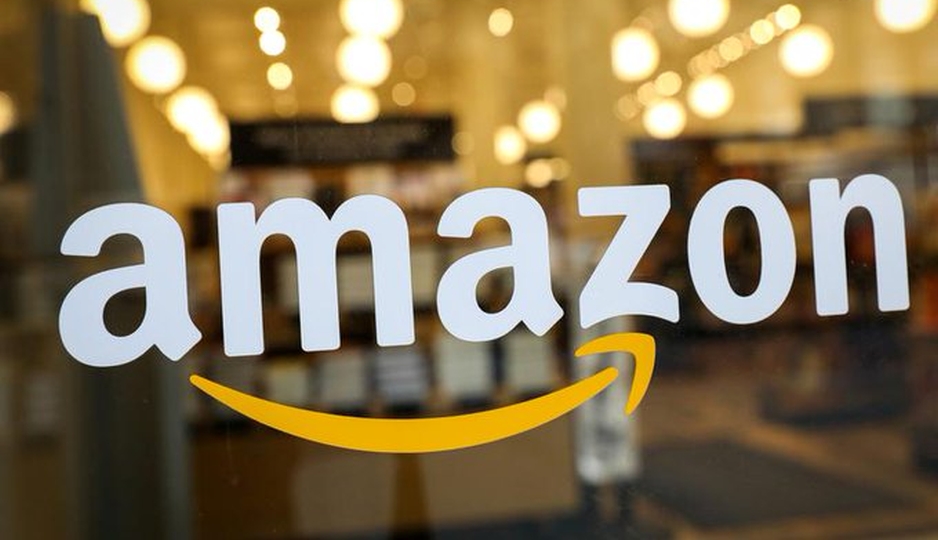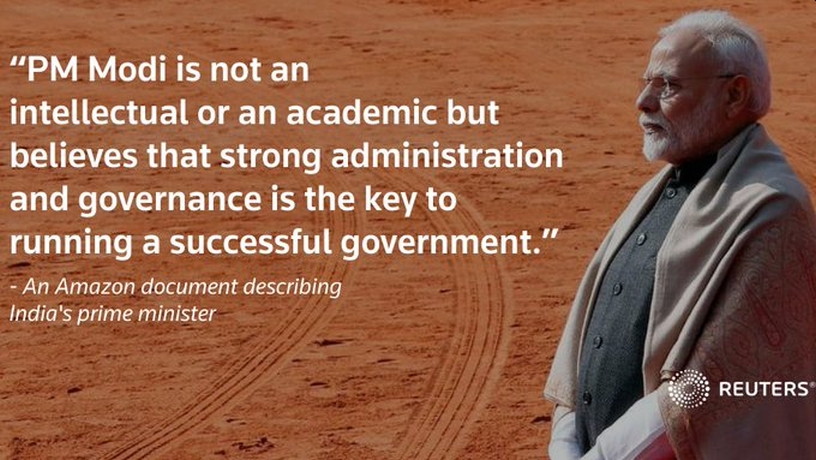Unearthed documents reveal that Amazon gave preferential treatment to a small group of sellers on its India platform and use them to dodge India’s regulators

In a new expose, a 2-year investigation conducted by Reuters found that e-commerce giant Amazon has for years given preferential treatment to a small group of sellers in India, publicly misrepresented its ties with the sellers, and used them to circumvent tough foreign investment rules, according to hundreds of internal Amazon documents that have been reported by Reuters for the first time.
In a series of tweets, Reuters’ India-based journalist Aditya Kalra summarized how Amazon favored big sellers on its India platform – and used them to maneuver around rules meant to protect the country’s small retailers from getting crushed by e-commerce giants. While Amazon says it runs a transparent online marketplace and treats all sellers equally in India, the unearthed internal Amazon documents revealed by Reuters contradict those claims.
The documents show that Amazon has exercised significant control over the inventory of some of the biggest sellers. For example, in a Feb. 23, 2015 document, Amazon says Cloudtail is an independent seller. But Amazon has been deeply involved in expanding Cloudtail – often referred to as “SM,” or “Special Merchant,” in the documents. “…we helped SM quickly ramp up and gain scale.”
About two months after Cloudtail’s launch in August 2014, Jeff Bezos met India PM Narendra Modi in New Delhi. A draft document containing talking points was prepared for the Oct. 3 meeting. The draft document makes no mention of Cloudtail or its plans.
By March 2016, Cloudtail’s share of sales on http://Amazon.in was around 47%. The documents show that Amazon was effectively treating Cloudtail’s inventory as its own. Later in 2016 when India announced new investment rules, Amazon moved the procurement of some phone brands Cloudtail was offering to Amazon Wholesale, which then supplied these products to “certain” sellers, who sold them on http://Amazon.in.
Amazon has repeatedly said it has no role in pricing goods sold online in India and that prices are decided by sellers. Following the 2016 rule change, however, Amazon lowered the fees it charged some big sellers on its platform to enable them to offer more competitive prices.
That was not all, the documents also included a brief appraisal of the Indian Prime Minister Modi.
“PM Modi is not an intellectual or an academic but believes that strong administration and governance is the key to running a successful government,” it said.

According to Reuters, it all started in early 2019 when senior Amazon.com Inc executive Jay Carney was preparing for an important meeting. Prior to working for Amazon, Carner was a former White House press secretary to President Barack Obama from February 2011 through July 2014.
Per Reuters, Carney was scheduled to talk with India’s ambassador to the United States in Washington, D.C. In Delhi, the Indian government had just announced foreign direct investment regulations that threatened to disrupt Amazon’s business in the world’s second-most populous country. Before the meeting, Amazon employees prepared a draft note for Carney. The note, reviewed by Reuters, advised Carney what to say – and what not to say.
The note advised that Carney “should highlight the fact that Amazon had committed more than $5.5 billion in investment in India and how it provided an online platform for 400,000-plus Indian sellers. But he was cautioned not to divulge that some 33 Amazon sellers accounted for about a third of the value of all goods sold on the company’s website.” The note also advised that the information was “Sensitive/not for disclosure.” In addition, other Amazon internal documents also revealed equally touchy information.
The unearthed documents also showed that in early 2019, some 35 of Amazon’s more than 400,000 sellers in India at the time accounted for around two-thirds of its online sales. Indian traders have long alleged that Amazon’s platform largely benefits a tiny number of big sellers.
Reuters wrote:
“Two more sellers on the e-commerce giant’s India platform – merchants in which Amazon had indirect equity stakes – accounted for around 35% of the platform’s sales revenue in early 2019. That meant some 35 of Amazon’s more than 400,000 sellers in India at the time accounted for around two-thirds of its online sales.”
Reuters said that India’s Enforcement Directorate will examine the findings of its story. India PM Modi’s party spokesman says findings are serious. In response, Amazon said in a memo that Reuters’s story was unsubstantiated, incomplete, incorrect…and “such instances can be distracting.”
You can read the full story here.

